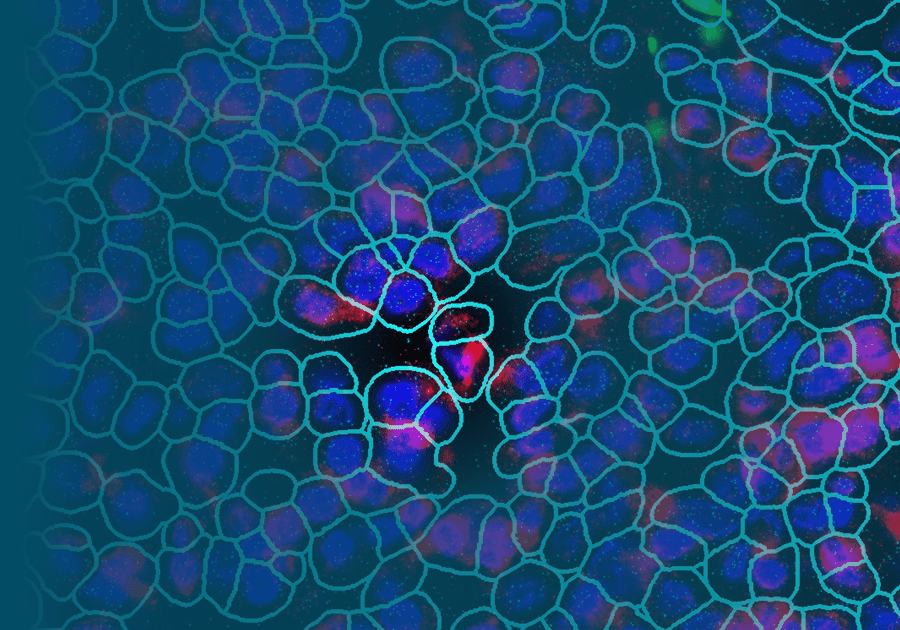
European UPC Litigation FAQ
What exactly is the UPC?
The European Unified Patent Court (“UPC”) is an international court set up to adjudicate patent disputes across the participating member countries of the European Union. Seventeen countries have elected to participate in the court: Austria, Belgium, Bulgaria, Denmark, Estonia, Finland, France, Germany, Italy, Latvia, Lithuania, Luxembourg, Malta, Netherlands, Portugal, Slovenia, and Sweden.
Why did the UPC overturn the preliminary injunction and return CosMx™ SMI RNA products to the market in 16 countries?
The European UPC Court of Appeal overturned the preliminary injunction on February 26, 2024, citing substantial concerns about the validity of the patent. The court noted in its ruling that it is likely “that the patent at issue will not prove to be valid.”
The ruling is related to Harvard’s European patent, known as the “782 Patent.” This patent is part of a family of patents being asserted by 10x Genomics against NanoString in the UPC, Germany and the United States.
We have maintained from the outset of all these cases that the patents being asserted by 10x and Harvard against us are invalid. The court’s ruling is significant validation of our position.
What does the ruling mean for customers in UPC countries?
Normal business operations resume for NanoString and its customers in 16 UPC countries formerly impacted by the CosMx SMI injunction. Customers can purchase and use CosMx SMI and all associated products. NanoString will resume all marketing and sales of CosMx SMI in all UPC member countries except Germany (see below).
The countries regaining access to CosMx for RNA detection are Austria, Belgium, Bulgaria, Denmark, Estonia, Finland, France, Italy, Latvia, Lithuania, Luxembourg, Malta, Netherlands, Portugal, Slovenia, and Sweden.
In December, the German Higher Regional Court of Munich ordered the lifting of a similar injunction, subject to NanoString’s payment of a security bond. NanoString is evaluating its next steps in Germany in light of the decision from the UPC and will provide updates to German customers as soon as possible.
Does this ruling influence the other patent cases NanoString faces?
The decision by the UPC Court of Appeal validates the position that NanoString has maintained from the outset: that the patents 10x and Harvard are asserting against us are invalid.
Litigation can be a lengthy process. In-depth legal opinions with technical analysis often come in later stages of litigation. NanoString and our customers have waited five months for the UPC’s detailed opinion. It casts doubt on the validity of the Harvard patent at issue and supports our longstanding view that all the patents 10x is asserting against NanoString are invalid. The ruling adds momentum to our U.S. and European cases because they are based on the same family of patents.